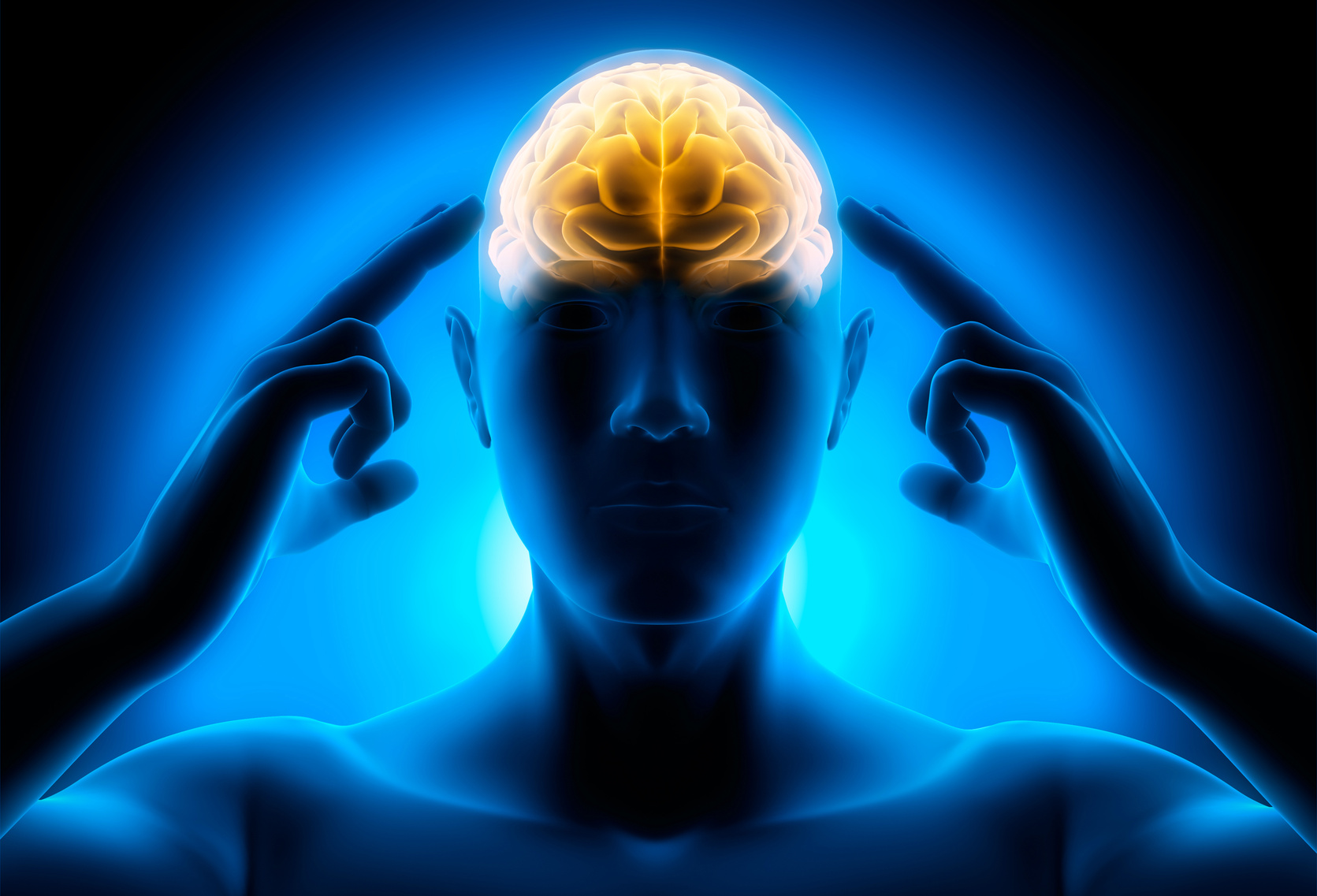Multiple Sclerosis (MS) and Alzheimer’s Disease are two of the most common neurological diseases, and yet, until recently, relatively little was known about the connection between them. While there is still much to learn about the possible linkages between these two diseases, research has revealed that there may be some overlapping symptoms as well as genetic and environmental factors that could link MS to Alzheimer’s. In this blog post, we will take a closer look at both MS and Alzheimer’s, exploring their symptoms, possible linkages between them, and diagnostic tests for each disease. We will also provide readers with recommendations on how to further explore any potential links between these two conditions.
Overview of Alzheimer’s Disease
Alzheimer’s disease is a progressive and debilitating form of dementia that affects millions of people worldwide. It is one of the most common forms of dementia, accounting for 60-80% of all cases and primarily affecting those over 65 years old. However, it can also affect people in their thirties or forties.
The cause of Alzheimer’s disease remains unknown to this day, although scientists believe it may be due to a combination of genetic and environmental factors. The primary symptoms associated with Alzheimer’s disease are memory loss, confusion, difficulty communicating, and behavioral changes. These symptoms often become worse over time as the condition progresses.
The effects of Alzheimer’s on individuals vary significantly from person to person; some may experience mild cognitive difficulties while others may suffer severe memory deficits that interfere with their daily lives. As such, early diagnosis is key in order to ensure effective treatment and management plans are put in place as soon as possible.
Unfortunately, there is no cure for MS and Alzheimer’s, yet; however, treatments can help lessen the severity of its symptoms and slow down its progression. While research into potential cures continues at a rapid pace, it is important for individuals diagnosed with Alzheimer’s to receive supportive care from family members and healthcare professionals alike in order to manage their condition effectively.
Symptoms of MS Alzheimer’s Disease
Multiple sclerosis (MS) and Alzheimer’s disease are two complex neurological conditions with overlapping symptoms. While the underlying biology of each is different, they can both have a significant impact on an individual’s physical and cognitive abilities.
The most common symptom of MS is muscle weakness and spasms, and difficulty with balance, impaired vision, and loss of coordination. These symptoms can vary in severity depending on the type of MS the individual has. Early signs of Alzheimer’s include forgetfulness, confusion, difficulty with language, and decreased executive function. As these diseases progress, their symptoms may become more similar or even overlap in some cases. Symptoms such as motor coordination problems and cognitive decline can be experienced by individuals living with either MS or Alzheimer’s.

It is important to distinguish between Alzheimer’s and MS for proper diagnosis as well as treatment planning. Diagnostic tests such as brain scans, genetic testing, neurological examinations, blood tests, spinal fluid analysis, psychological assessment tools, MRI imaging studies may be used to identify if a person has one or both conditions. Treatment options vary depending on which condition is present but could include medications to slow down cognitive decline in Alzheimer’s patients or physical therapy for those suffering from MS and Alzheimer’s.
Living with either condition presents its own challenges but understanding how they differ can help individuals gain insight into how they will experience their unique set of symptoms — so that they can better prepare themselves for managing them over time. It is also important to stay up-to-date on research related to the link between multiple sclerosis and Alzheimer’s disease; further exploration into this connection could lead to improved treatments for both diseases in the future.
Possible Linkages between MS Alzheimer’s Disease
The connection between multiple sclerosis (MS) and Alzheimer’s disease is intricate and researchers are still conducting further studies to better understand the possible correlations existing between them. It has been established that individuals with MS have a heightened risk of developing Alzheimer’s and mutations in certain genes have been linked to both conditions.
Furthermore, people suffering from MS may be more predisposed to experience cognitive decline, memory problems, and other neurological issues prior to being diagnosed with Alzheimer’s. This might be due to the elevated levels of amyloid-beta found in those with MS. Amyloid-beta, which has always been associated with Alzheimer’s disorder, is considered a chief factor behind its progression.
Moreover, long-lasting inflammation caused by MS can result in an increased hazard of acquiring Alzheimer’s disease as well. Inflammation is actually part of the body’s natural immune system response but when it continues for extended periods it can lead to tissue damage or destruction which could bring about chronic diseases such as Alzheimer’s disorder.
In conclusion, while there are several potential links between multiple sclerosis and Alzheimer’s sicknesses, scientists are still trying to pinpoint exactly how these two illnesses interact with each other. It is evident that extra research needs to be done so as to identify how these two conditions correlate and what methods can be taken in order to enhance treatments for those who suffer from them.
Diagnostic Tests for MS Alzheimer’s Disease
This section will discuss the various diagnostic tests available for both multiple sclerosis (MS) and Alzheimer’s disease. Physical and neurological examinations are used to diagnose MS, as well as brain scans such as MRI to look for inflammation in the brain and spinal cord. Blood tests can be conducted to detect biomarkers associated with MS, while cerebrospinal fluid analysis can detect proteins linked to MS. Neuropsychological testing is also used to assess cognitive functioning.
For a diagnosis of Alzheimer’s disease, doctors may conduct a physical exam, medical history evaluation, neurological exam, mental status testing and laboratory tests such as blood tests or imaging exams like CT or MRI scans. Additionally, doctors may use additional specialized evaluations such as PET scans or lumbar punctures (spinal taps) to diagnose Alzheimer’s disease.
In order to accurately diagnose either condition, it is important that doctors take into account all of the available test results in addition to any symptoms exhibited by the patient before making a final diagnosis. For example, if a person exhibits cognitive decline but does not have visible signs of inflammation on an MRI scan then they may be suffering from Alzheimer’s rather than MS.
Early detection of both MS and Alzheimer’s is important for proper treatment and management of each condition. It is therefore crucial that individuals take part in regular check-ups with their doctor, even if they do not exhibit any clear signs or symptoms of either disease. This allows their doctor to track any changes over time and take appropriate action should anything out of the ordinary arise.

In conclusion, ultimately, there are several different diagnostic tests available for both multiple sclerosis (MS) and Alzheimer’s disease. It is important for individuals to understand how these tests work so that they can get accurate diagnoses early on in order to receive appropriate treatments quickly and effectively manage their conditions over time.















